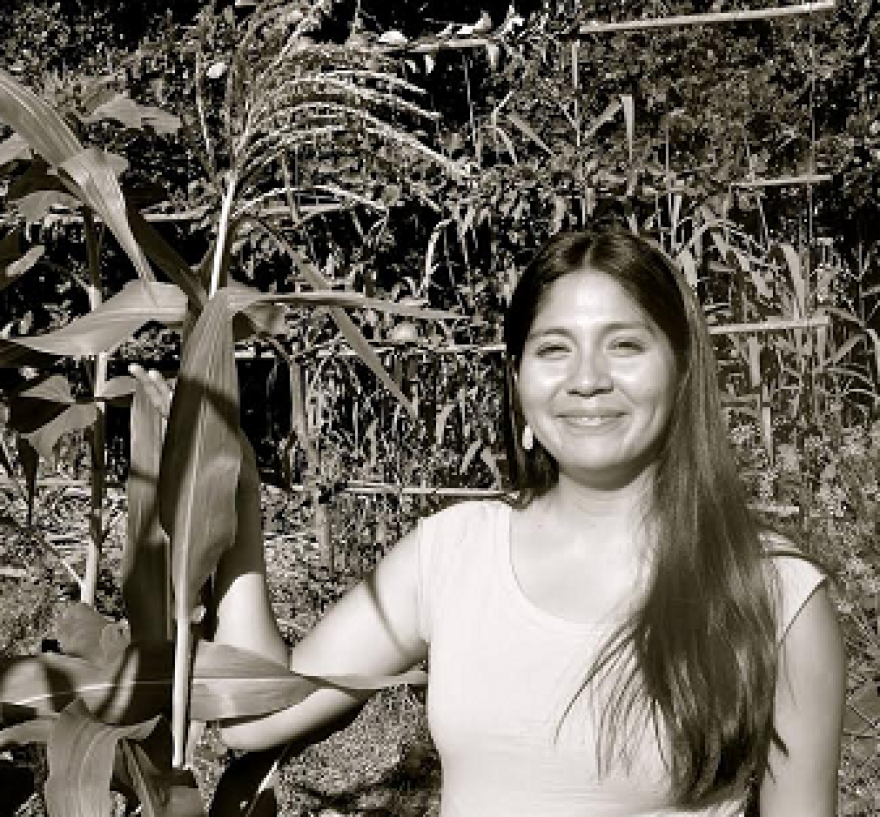Hopi people cultivate a dazzling array of corn varieties. They come in a kaleidoscope of colors; blue, red, yellow and purple, all starting from humble seeds.
For the Hopi, seeds are considered kin and treated as such. They root people to their land and cultural traditions. Women are entrusted with seed stewardship, carrying for them like one might care for a close relative. These stewards pass the seeds to the next generation as part of a collective inheritance.
This task hasn’t always been easy during modern times of change. Many Hopi seeds have been lost or taken, scattered to museum collections, nonprofit groups and large agricultural companies. Hopi corn varieties, in particular, have been acquired by corporations for their exceptional drought tolerance.

Now, Hopi activist Lilian Hill is working to bring these displaced seeds back home. She hopes to “rematriate” them – that is, return them to their mother. Hill starts by tracking down the seeds and the circumstances that led to their departure from the Tribe. Once found, she explains why the seeds and their stories are so important to Hopi people.
Hill hopes to build legal structures that will protect the seeds in the future, eventually returning them to the Tribe. She says, “Seeds are our vibrant foundation for food sovereignty, and their return will bring health and wellness back to our communities.”
This Earth Note was written by Kathleen Orndahl and produced by KNAU as part of a student collaboration with the Sustainable Communities Program at Northern Arizona Univeristy.



